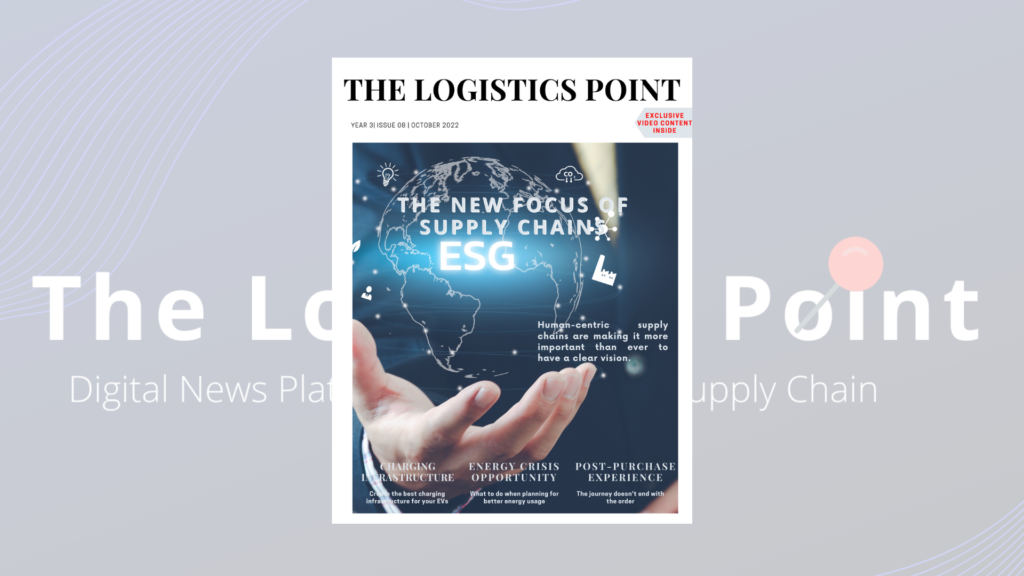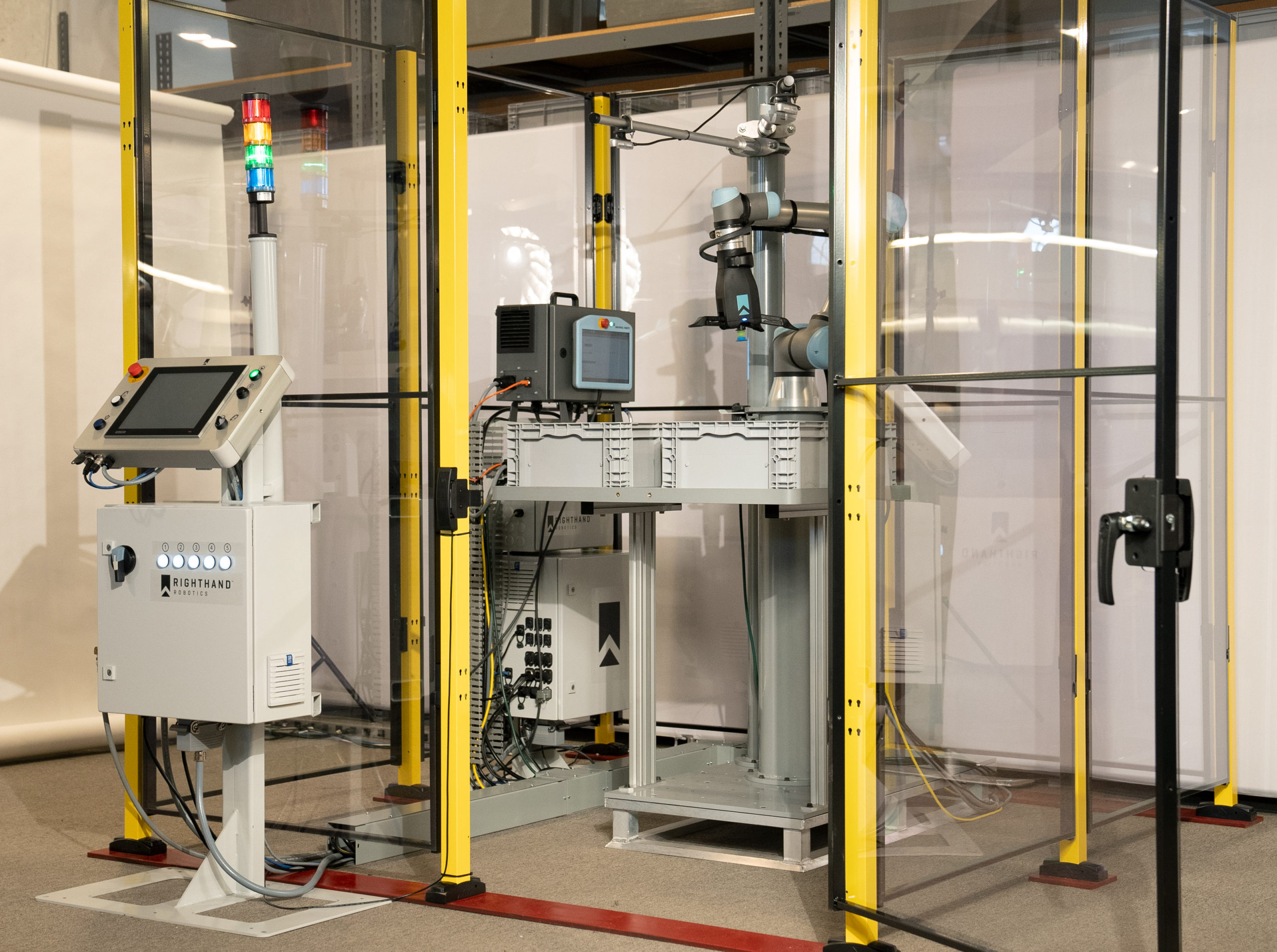A project based in Aston University is helping SMEs in two areas with their supply chain problems. We spoke to Khadijeh Rahmani, who is leading the project UK Centric Supply Chains, about what the goals are, why SMEs need help and how they can receive it.
The project is based at Aston University and is partially funded by the institution as well as the European Regional Development Fund (ERDF). At this point the project is scheduled to finish by the end of June 2023. The target areas are Marches transitional (Shropshire, and Telford and Wrekin) and Greater Cambridge and Greater Peterborough Local Enterprise Partnership (LEP) areas. So far 78 companies have benefited from the project and the goal is to have 126 by June 2023.
The criteria

The project has some specific criteria but as Khadijeh Rahmani explains they are not too strict. The university is looking for organisations that fit the definition of an SMEs: companies with fewer than 250 employees and annual turnover not more than €50 million and/or an annual balance sheet not exceeding €43million. And finally, SMEs should have received less than €200,000 of de minimis State Aid in the past 3 years.
‘We support companies in different sectors: engineering, manufacturing, automotive, food and drinks sectors,’ Rahmani says. ‘We very much focus on their supply chains.’ Using Supply Chain Readiness Assessment Tool which enables our clients to get an in-depth view of the road map and enhance their understanding of their supply chain. Our experts, who are a team of academics at Aston University, generate bespokes, yet detailed reports for our clients. They assess the supply chain by using three main points: mapping, assessing and addressing.
Knowing more
‘Assessing the maturity of the supply chain, companies get a bespoked plan and set of recommendations to improve SMEs overall operations’ Rahmani adds. The whole process is free of charge and the university provides additional support afterwards through other projects. ‘We also want to focus on the unnecessary costs and burdens SMEs have in their supply chains which are often overlooked.’

Rahmani says that by being part of the project, SMEs have managed to mitigate risks at a very early stage. ‘We can look at the relationship between SMEs and their suppliers. By evaluating where they source their materials we can provide them with alternatives, for example by exploring UK suppliers.’ The next step is for the team at the university to also assess potential new suppliers and provide due diligence.
‘We do not provide financial support or grants,’ Rahmani underlines. The benefits come from the support which is free of charge and provides an insight in a way many SMEs can’t afford. ‘We help people understand how legitimate potential new suppliers are.’ Organisations receive a template for assessing suppliers.
Why bring things closer?
Rahmani believes that companies in the UK can benefit from bringing some of their suppliers closer to home. One of the reasons is better control but also shorter lead times.
It is an invaluable consultancy service that many SMEs should utilise whilst it is available, as only positives can come from the understanding and improvements that UK-Centric Supply Chains offers.
For anyone who is interested, they can fill in the Contact Us form on the project’s website. They will then be contacted by one of the consultants. Or you can contact at info@ukcentricsupplychains.co.uk


